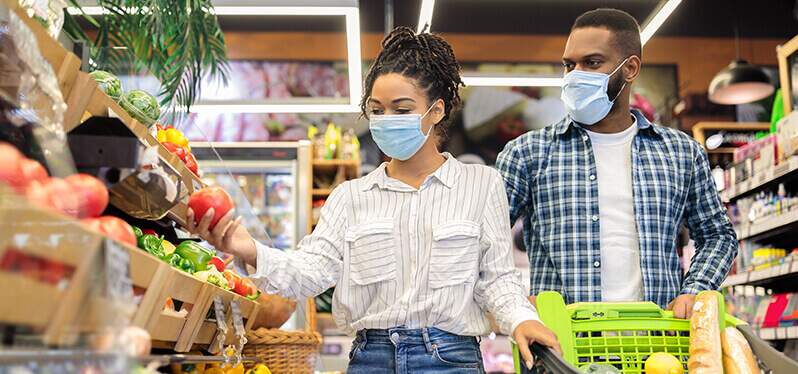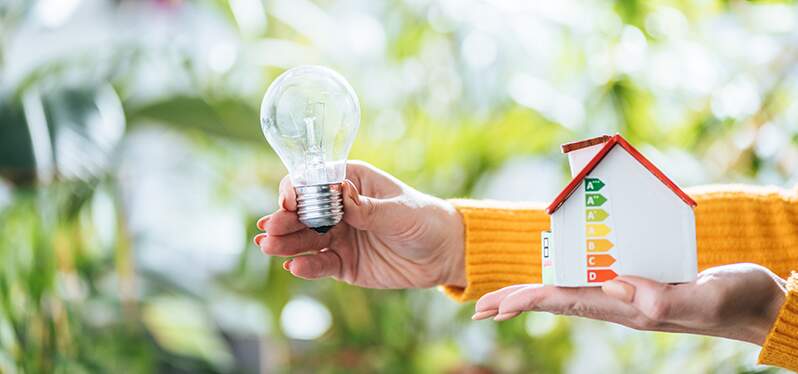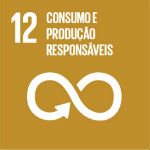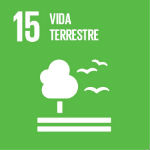Posted in: 10/21/2021
Since 2009, the day October 15th has been the date chosen to raise awareness about conscious consumption, our consumption practices, and how they impact the world. We are demanding more from nature than it is capable of providing. The overuse of ecosystems, coupled with our high speed of consumption and disposal, has caused the depletion and accelerated degradation of natural resources, making the regeneration process more difficult.
According to the Global Footprint Network Organization – which makes calculations about our ecological footprint, the capacity of natural resources consumption, and the planet’s regeneration time – we are using more than 74% of the Earth’s renewal capacity. Consuming in a conscious and sustainable way is an emerging necessity if we are to avoid the ecological deficit and the overload of the planet.
We need to be responsible with what we buy, what we discard, and the other practices that involve consumption on a daily basis throughout our lives. Individual initiatives, such as adopting the 5 R’s of sustainability (Rethink, Refuse, Reduce, Reuse, and Recycle), can help lessen our impact on the environment.

The challenge is to adopt simple changes in our daily habits so that we can develop a healthier and less degrading relationship with the planet. And, regardless of the big or small changes, all actions to ensure a sustainable world go through you and your choices. Want to understand how? So check it out!
With the Internet, it has become much easier to follow the trajectory of the products you consume and understand all the stages of their development. Therefore, you can make a difference by prioritizing products and services from ethical and engaged companies that practice social and environmental responsibility and seek to minimize their impacts.
Ask and research:
Remember: you are the final consumer! If everyone has the same look, seeking to value sustainable practices, companies will have to adapt. In addition, it is important to watch out for companies that practice greenwashing.
The expression, which can be translated as “green bath” or “green wash”, refers to companies and brands that pretend to be sustainable to attract consumers, but do not really apply sustainability practices in their day to day and/or offer products and services that cause great impact on the environment, but preach the opposite.
Greenwashing became better known when some brands began to notice the change in consumer behavior, which increasingly seek sustainable alternatives to consumption, and assimilated the practice in order not to lose this public.
The Brazilian Consumer Defense Institute (IDEC) recently released the guide “*Green Lie* A guide for the consumer not to be fooled by companies’ GREENWASHING practices“. In it, you can learn more about greenwashing and avoid the risk of being cheated at the time of purchase.
Soon, we will again enter an election year, and we cannot forget that your vote can make the difference. Therefore, look for candidates with proposals focused on conscious consumption and well-founded socio-environmental programs.
And don’t forget to follow up and demand the changes he or she proposed during the campaign. This goes for all politicians, even the ones you didn’t elect.
How about giving bicycles a chance? If possible, walking is also a good option and is good for your health. What about public transportation? The more use, the better public transportation gets.
Choose low power consumption options, with the seal of the Program to Combat the Waste of Electric Energy (Procel), and of greater durability, such as fluorescent lamps, which consume up to 75% less energy and last longer than incandescent lamps. Go for rechargeable products.
Avoid leaks: one dripping faucet per second can waste up to 46 liters of water per day. And attention to other habits, such as not washing the dishes or brushing your teeth with the tap running, and avoiding long showers.
The Covid-19 pandemic has also changed the eating habits of many people. The increase in food ordering service has increased the amount of waste produced. Besides the need for more packaging, the waste and loss of food in the stores were factors that aggravated the situation.
Therefore, some habits such as using returnable bags, preferring organic food, avoiding canned food, preparing your own food, and serving only what you actually eat can be important.
The conscious use of natural resources, as we have seen, is a topic that deserves to be highlighted. Brazil is facing one of its worst water crises, which may result in a major energy crisis. The United Nations (UN) has already warned of an impending global water crisis, with estimates of 5 billion people without adequate access to water by 2050.

The commitment to the proper use of water and energy resources needs to be global, comprising the public and private sectors of all countries, and focused on investment in water sustainability solutions that can be effective in both the short and long term.
The part that involves the final consumers is not the one with the greatest impact. But individually, we cannot fail to take measures to contribute. Therefore, we leave here two content tips on conscious consumption that go beyond the tips we listed above:
The Akatu Institute, an NGO that works to change consumer behavior through education and communication, has tips on conscious consumption of electricity and water, among others.
The environmental organization WWF-Brazil is making available, free of charge, the Responsible Consumer Booklet, with practical tips for consumers to collaborate with the environment on a daily basis. Although the booklet was released in 2014, it is still one of the most comprehensive materials on the subject and is worth reading.
You can also follow, on Recicle Reutilize Plante’s Instagram, daily updated tips on waste collection and reuse.



Sign up and receive our news.